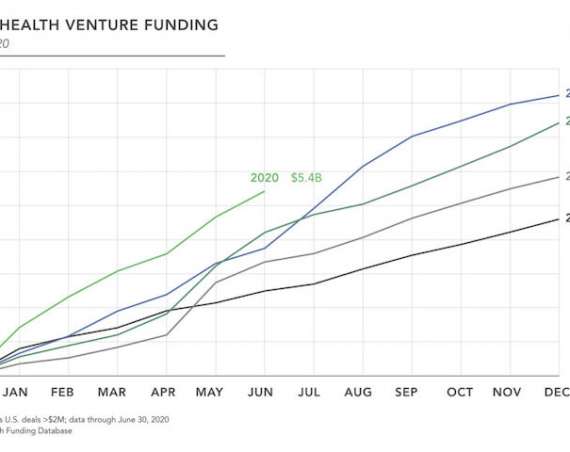
Clue, the Berlin-based menstrual and reproductive health platform, has contributed to an international study assessing the effects of COVID-19 infections and vaccinations on menstrual cycles. The study’s insights were derived from the platform’s de-identified user data.
Published in Obstetrics & Gynecology, the official journal of the American College of Obstetricians and Gynecologists, the research was led by experts from the University of Montpellier and Oregon Health & Science University (OHSU). Unique to this study is its utilization of real-time menstrual tracking data, sidestepping the pitfalls of relying on participants’ often imperfect recall regarding cycle-length changes.
Over 6,000 Clue users from 110 countries contributed data, revealing a brief extension in menstrual cycle length following a COVID-19 infection or vaccination. Specifically, those unvaccinated who contracted COVID-19 observed a 1.45 day increase in their menstrual cycle length, compared to prior cycles. A comparable increase was noted among vaccinated users post-vaccination. Importantly, for both cohorts, the length reverted to the average by the subsequent cycle.
This suggests that the influences of COVID-19 infection or vaccination on the menstrual cycle are fleeting. The changes are possibly due to a brief activation of the immune system, though pinpointing COVID-19 as the singular cause remains complex.
Amanda Shea PhD, Head of Science at Clue, said: “We are proud to contribute to such important research on the effects of COVID-19 on the menstrual cycle and to work closely with world-class researchers at Oregon Health & Science University and the University of Montpellier. This research underlines the power of Clue’s de-identified user data and its impact in advancing research into menstrual cycles and reproductive health; benefitting society via a more accurate understanding of reproductive health.”
Alison Edelman, Physician Scientist at Oregon Health & Science University, commented: “Menstrual health is significantly understudied and underrepresented in research and medicine. This work is important and necessary to provide answers which can reassure individuals who are experiencing menstrual changes following a COVID-19 infection.”
Clue’s mission to bridge the gender-data gap has led to the tracking of 650 million menstrual cycles and the accumulation of 15 billion data points, invaluable assets to esteemed medical research institutions like OHSU and the University of Montpellier.



